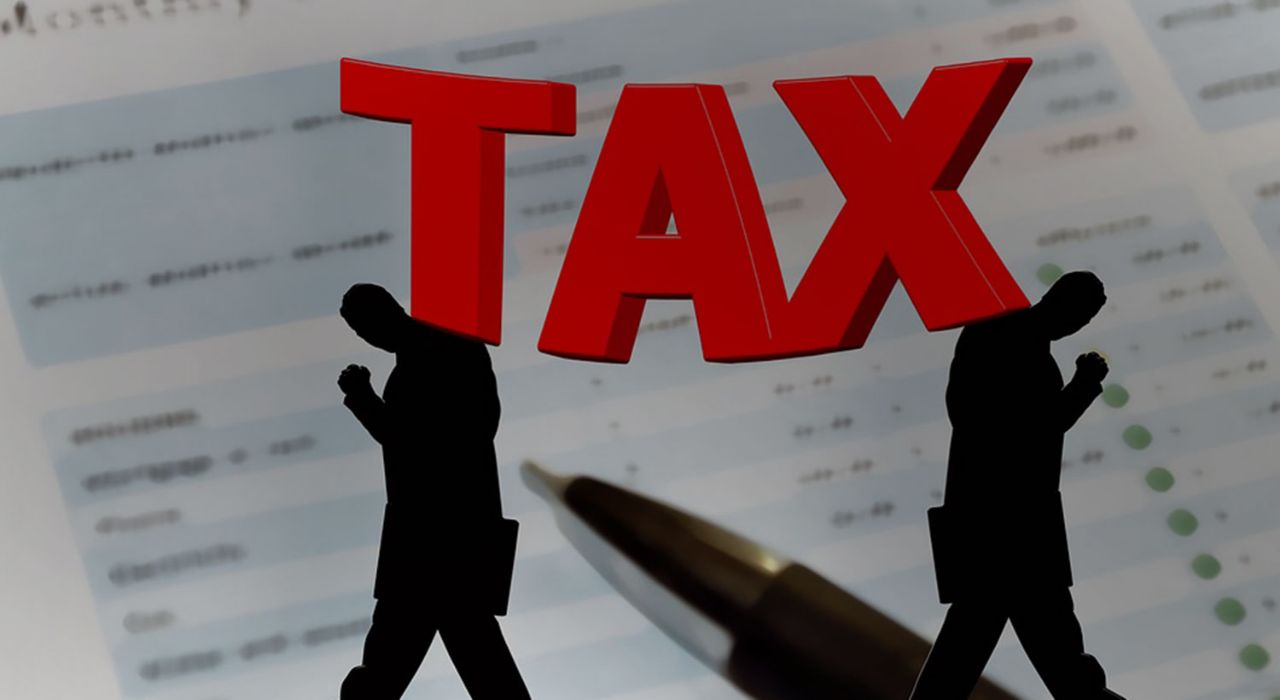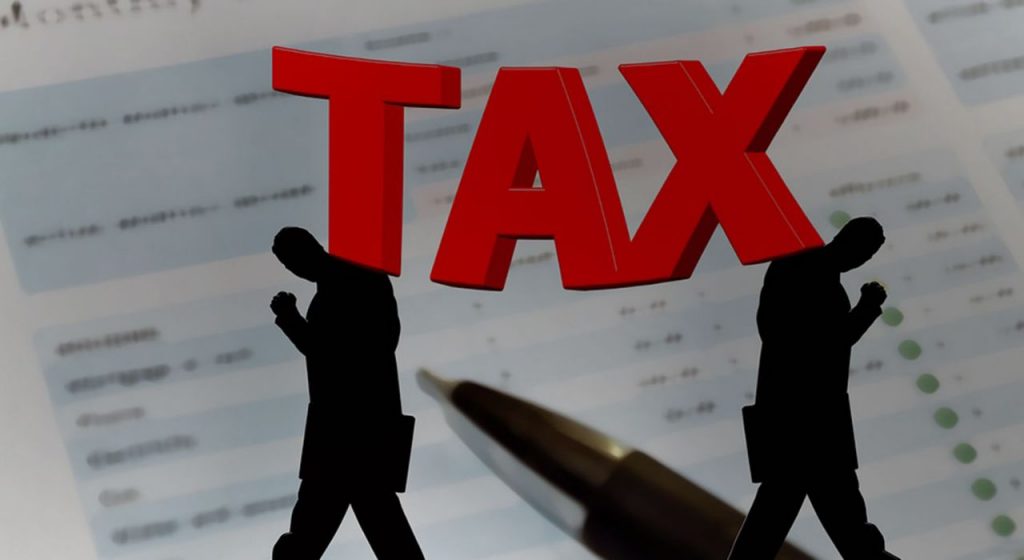The case of Bogus Purchases Vs Accommodation entries

Tax Disallowances when assessee not allowed chance to Cross Examine
As an example of the Sections 68 and 69C of the Income Tax Act of India, 1961, the case of CIT Vs Ashish International (Bombay High Court) that covers the genre of domestic tax explains the difference between the bogus purchases or bogus sales and accommodation entries.

Details of the CIT Vs Ashish International (Bombay High Court) case
In order to understand the details of this case, it is first important to take a quick tour of the meaning of bogus purchases or bogus sales. As per the bottom-line of the court case and official statement published as a conclusion of the case, with regard to the context of bogus purchases or bogus sales, “A statement by the alleged vendor that the transactions with the assessee are only accommodation entries and that there are no sales or purchases cannot be relied upon by the AO unless the assessee is given the opportunity to cross-examine the vendor”.
Based on the above proposition, the assessee actually challenged the action of the Tribunal who had deleted the totaling on account of the bogus purchases made by the assessee from M/s. Thakkar Agro Industrial Chem Supplies P. Ltd. As an argument to the allegations put forth by the Tribunal, the Director of the company had stated that the said purchases or sales, whatsoever, were actually baseless and the assessee simply carried on transactions related to the accommodation bills. Hence, as such, there were no specific transactions as was alleged in this case by the Tribunal.
Assessee was not given Chance of Cross Examine Witness- Cardinal Error by Income Tax Officer
In the process of thorough investigation of the case, the Tribunal had discovered certain facts that enlightened about a certain issue that the assessee had disagreed with the stated allegations and even though the assessee had challenged the correctness of the facts, yet, no chance was given to the assessee to cross-examine the justification of the statement of the Director of M/s. Thakkar Agro Industrial Chem Supplies P. Ltd. Due to this, the appellate authority has asked for the remand report in order to examine the explanations of both sides of the case. However, the revenue authority had believed the statement of the Director and even after the appellate authority had called for cross verification of the same for checking the authenticity of the statement, no specific action was taken in this regard and as a result of this, the same had not been established as well. The case completely revolved around the bogus purchases/sales against the accommodation bills.
Related Read- Additions to Income Cannot be made solely on basis of Information from Sales Tax Department
In order to come to a concrete conclusion, it is very essential to have sufficient substantial evidence or supporting facts and documents to back the statement or arguments made by the assessee. As per the case discussed above, quite evidently, the appeal of the assessee was dismissed in view of the above-mentioned circumstances followed by the Director’s alleged statements and the corresponding contentious arguments put forth by the assessee against the Director’s statement. This is because the Tribunal had decided that no considerable questions regarding the law can be put up in this case and therefore, the same cannot come up from the order of the Tribunal as well.


 ITAT Amritsar: No Section 269SS Violation for One-Time Cash Payment Before Sub-Registrar
ITAT Amritsar: No Section 269SS Violation for One-Time Cash Payment Before Sub-Registrar  Tax Officials Unleash Digital Dragnet: How New Raid Powers Redefine Privacy, Property Rights in India and likely to Fuel Corruption
Tax Officials Unleash Digital Dragnet: How New Raid Powers Redefine Privacy, Property Rights in India and likely to Fuel Corruption  Income Tax Department Rewards for Reporting Tax Evasion: A Comprehensive Guide
Income Tax Department Rewards for Reporting Tax Evasion: A Comprehensive Guide  Forfeiture of Gratuity by Employer- What are the Remedies for an employee- Can employer be challenged?
Forfeiture of Gratuity by Employer- What are the Remedies for an employee- Can employer be challenged?  Employer can forfeit gratuity of an employee in case of moral turpitude
Employer can forfeit gratuity of an employee in case of moral turpitude  Diving Deeper: The Impact of the New Tax Bill on Dairy and Farming Income
Diving Deeper: The Impact of the New Tax Bill on Dairy and Farming Income